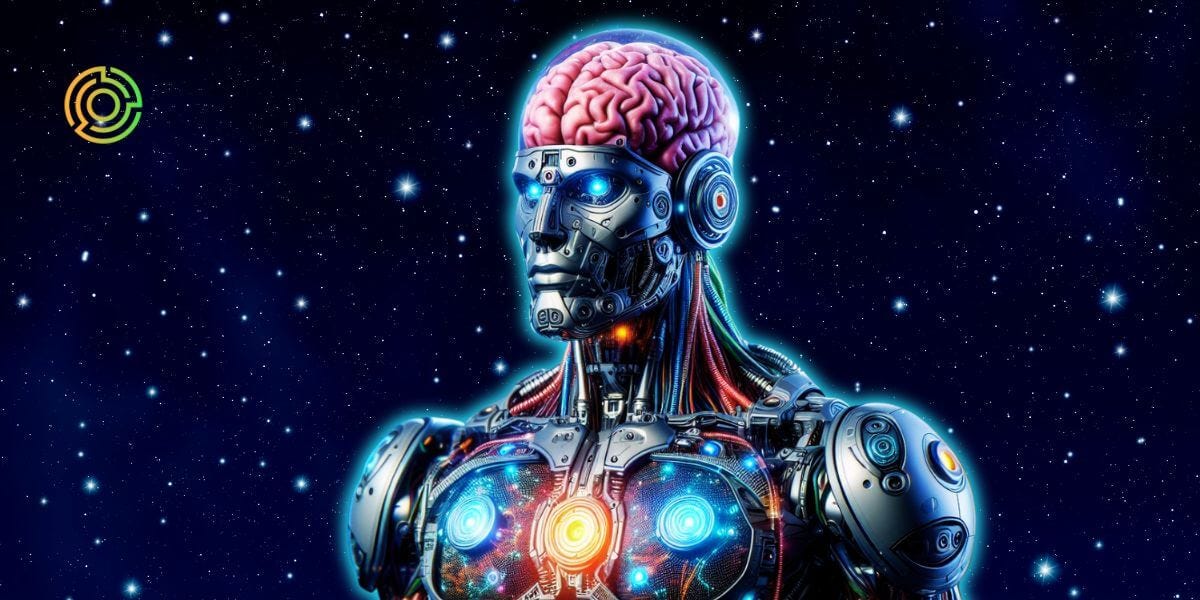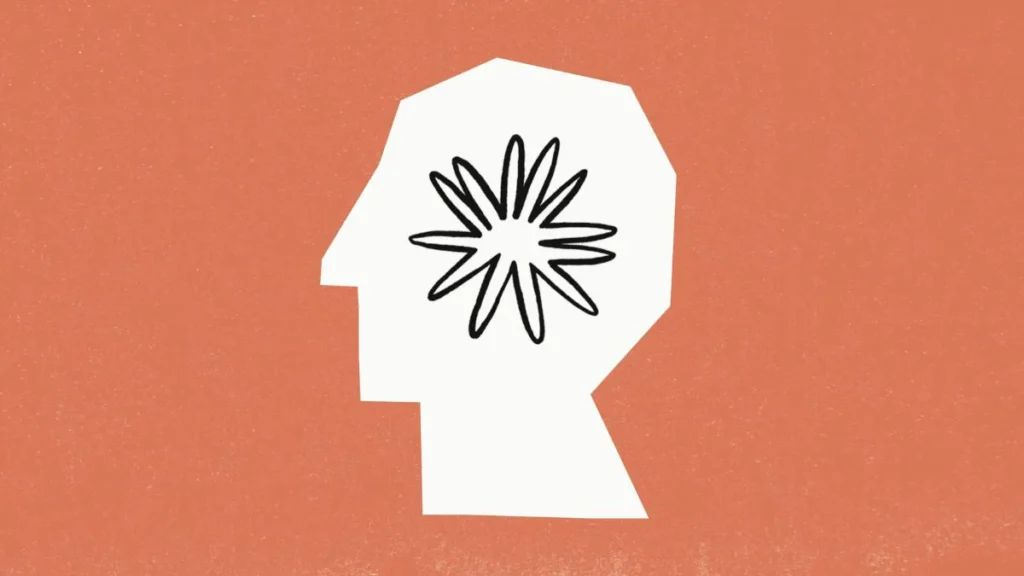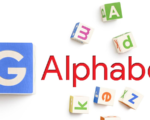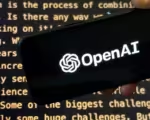Anthropic Unveils Revolutionary Claude 3 AI Models, Asserts Superiority Over GPT-4 and Gemini with Its Advanced Chatbot

Anthropic’s latest unveiling of the Claude 3 AI models marks a significant leap forward in the realm of artificial intelligence, offering users a trio of advanced solutions tailored to diverse needs and preferences. With the introduction of Claude 3 Haiku, Sonnet, and Opus, Anthropic presents a spectrum of options catering to varying levels of complexity and sophistication, ensuring compatibility with a broad array of applications and use cases. Notably, Opus emerges as the flagship model, boasting unparalleled capabilities, while Sonnet and Haiku offer compelling alternatives tailored to different requirements.
In its official announcement, Anthropic touts the enhanced capabilities of the Claude 3 models, emphasizing their prowess in analysis, forecasting, content creation, code generation, and multilingual conversational abilities. Of particular significance is the incorporation of multimodal functionality, enabling the chatbot to seamlessly process input in both text and image formats, thereby enriching the user experience and facilitating more intuitive interactions. While Claude 3 excels in a multitude of tasks, it is important to note that image generation remains beyond its current scope.
Delving deeper into the technical specifications, Anthropic highlights the expanded context window of the Claude 3 models as a key feature, underscoring their ability to process and contextualize vast amounts of information. With context windows extending up to 200,000 tokens for Haiku and Sonnet, and potentially reaching 1 million tokens for specific tasks with Opus, Claude 3 surpasses the capabilities of competing models such as Gemini 1.5 Pro, offering users a comprehensive understanding of queried topics.
This augmented context window not only enhances the accuracy and relevance of responses but also empowers users with deeper insights and nuanced perspectives, reaffirming Anthropic’s commitment to pushing the boundaries of AI innovation.

The company also shared Claude 3’s benchmarking results. In terms of general capability, the company claimed that the Opus model outperformed both GPT-4 and Gemini 1.0 Ultra in popular tests such as MMLU, HumanEval, GSM8K, and HellaSwag. Anthropic also claimed that the AI models can share near-instant results for even complex research papers.
Coming to the individual models within Claude 3, Haiku is the smallest AI model which can also produce the fastest responses. Sonnet falls in the middle and can offer more intelligent responses than Haiku at still comparatively lower costs. Opus is the most intelligent model. “It can navigate open-ended prompts and sight-unseen scenarios with remarkable fluency and human-like understanding,” the company added.
Both Opus and Sonnet are now available to developers as API and users via its chatbot platform. Sonnet will be powering the free version on Claude.ai, whereas Opus will be available with the Claude Pro subscription, which costs $20 (roughly Rs. 1,650) a month. Additionally, Sonnet is also available through Amazon Bedrock and Google’s Vertex AI in private preview. The company has stated that Opus and Sonnet will be added soon as well.




















